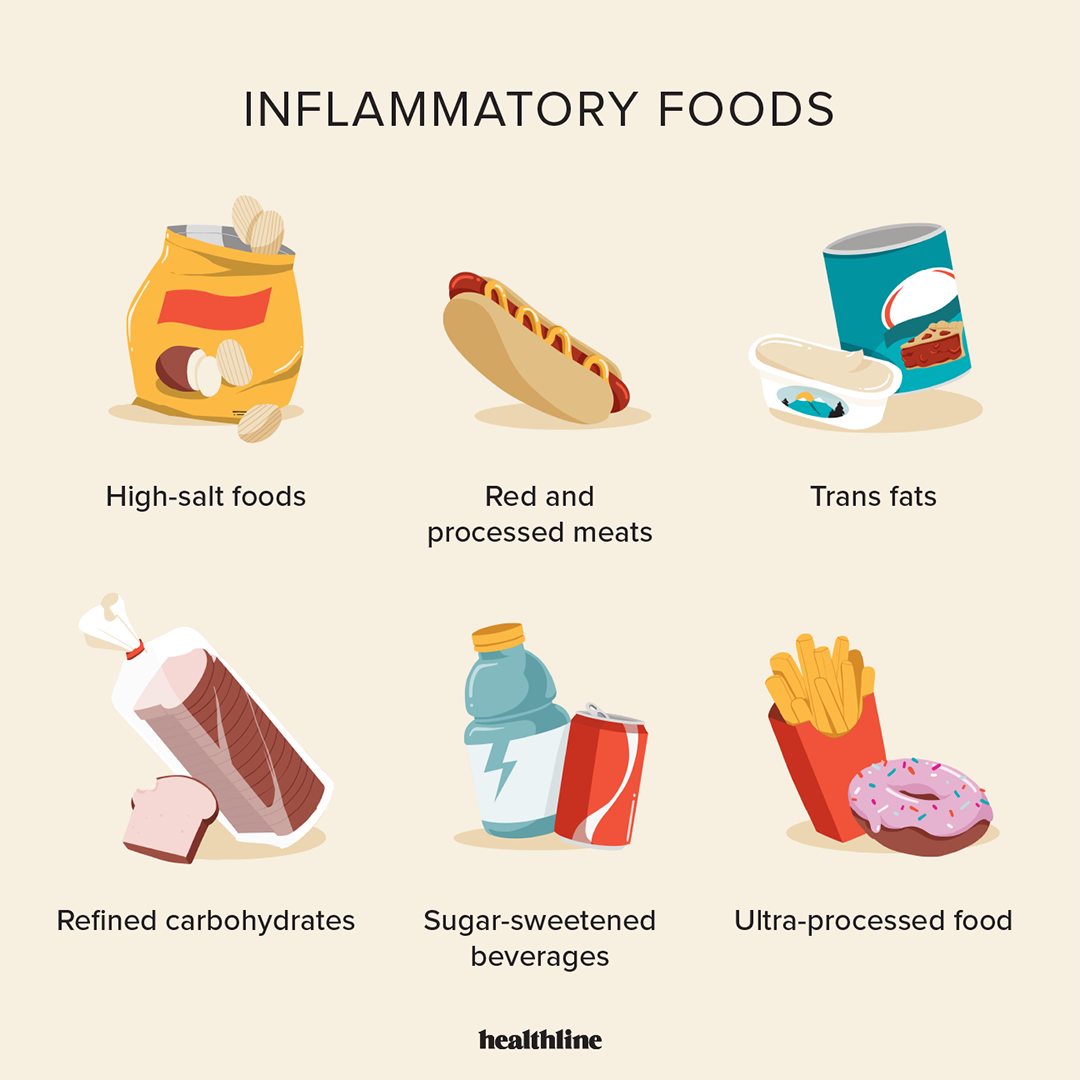
1. Omega-3 fatty acids
An anti-inflammatory diet incorporates foods that are proven to reduce inflammation and the residual pain it can cause. These include the macronutrients omega-3 fatty acids, vitamin c, and polyphenols. Many resemble traditional mediterranean or vegetarian diets that often include high concentrations of the following foods: (1) digestion is complex, but there are steps a patient can take to work toward a more comfortable life. Adding a higher concentration of these foods to a patient’s diet can help them control inflammation and prevent it from getting worse. Fruits and vegetables brightly colored fruits and vegetables like berries, spinach, kale, and broccoli are packed with antioxidants and vitamins that reduce inflammation. These foods also contain polyphenols, plant-based compounds shown to lower inflammatory markers in the body. Fatty fish salmon, mackerel, sardines, and other fatty fish are rich in omega-3 fatty acids, which are renowned for their anti-inflammatory properties. Omega-3s help counteract the effects of pro-inflammatory substances in the body, providing relief for arthritic joints. Whole grains unlike refined grains, whole grains like quinoa, brown rice, and oats help reduce inflammation by stabilizing blood sugar levels and minimizing spikes in inflammatory markers. Adding fatty fish such as mackerel, sardines, and salmon can help reduce chronic
read more →
Benefits of an improved diet and lifestyle
Plant-based diets offer these many benefits for managing chronic inflammation and supporting overall health, but there are some considerations in plant-based diets of which to be aware. Each person has unique health needs, genetics, allergies, sensitivities, preferences, and goals, which must be considered when developing an optimal approach to individualized nutrition. While plant-based diets are generally safe and effective for people at all life cycle stages, it can be helpful to work with a knowledgeable practitioner to help tailor your diet to your individual needs, preferences, and goals. Some nutrients may require special attention to ensure adequate intake when following a plant-based diet depending on dietary choices, age, lifestyle, and other factors. By robert whitten, md, and mary kemper if you suffer with chronic pain, some changes in your diet could improve your health. Foods can either raise or lower the levels of inflammation in the body. Eating fewer pro-inflammatory foods and/or consuming more anti-inflammatory foods can be part of an overall strategy for coping with back, neck or joint pain. This pain-free – and delicious! – lifestyle change can set you on a path toward your optimum health. The strategy follows the science of nutrition, providing the body with
read more →
What is chronic pain?
Chronic pain is a serious health condition that can lead to complications beyond physical symptoms. People with chronic pain may experience depression, anxiety and trouble sleeping. Chronic pain is pain that is long lasting. It can affect every aspect of life — from relationships to finances. Chronic pain makes it harder to keep up with work, tasks at home and social gatherings. Some research suggests that the worse the pain, the more serious the effects on day-to-day life. For these reasons, finding effective treatment for chronic pain is important. But the process is complex and personal. What works for one person's chronic low back pain may not bring relief for another person's osteoarthritis. Self management courses are free nhs-based training programmes for people who live with long-term chronic conditions such as arthritis and diabetes to develop new skills to manage their condition (and any related pain) better on a day-to-day basis. Many people who have been on a self-management course say they take fewer painkillers afterwards. The best examples are: pain management programmes – british pain society pain toolkit workshops. Pain is the most common symptom of thousands of injuries and conditions you can experience in your lifetime. It can also
read more →